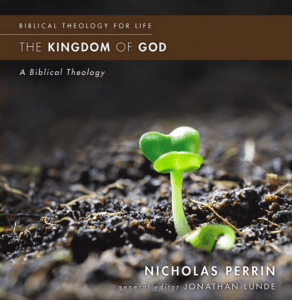Gabe Lyons labels contemporary Christians the “next Christians” in his new book (The Next Christians: The Good News About the End of Christian America). He calls these next Christians “restorers” and finds the following six characteristics:
 Gabe provides six characteristics of the Restorers:
Gabe provides six characteristics of the Restorers:
1. They are Provoked, not offended.
2. They are Creators, not critics.
3. They are Called, not employed.
4. They are Grounded, not distracted.
5. They are in Community, not alone.
6. They are Countercultural, not relevant.
The other day my mind wandered into what the six characteristics were of my generation or the generation that precedes these “restorers.” That led me to wandering into how the pre-Restorers understand the Christian life. And that means how they understand “discipleship.”
I am convinced the Next Christians not only understand the Christian life in different terms but it will require a new vision for discipleship. So let me sketch a few ways the previous generations have been understanding the Christian life:
First, the Christian life was about going to church and discipleship then was essentially getting people on board and into the program and supporting the church. There is no explicit or implicit criticism of this approach: people were exhorted through their church to read the Bible and to pray and to give and to evangelize and to go into “full-time service.”
Second, for many — if not most — this framing of the Christian life and discipleship were about being a part of a denomination. From the time one came of age one was part of a denomination and when that person moved to another part of the country, that denomination was a default.
Third, this church-attendance in the context of a denomination (theory of the Christian life) broke down with the rise of non-denominational and independent churches.
Fourth, alongside this development was the rise of the spiritual formation movement which was a massive help to many in the denomination/non-denomination mode of Christian life. While this movement clearly fostered individual growth, it’s focus was on personal intimacy with God and met a need in program-shaped churches that focused on what the church was accomplishing. So people were all reading Foster and Willard … and then…
Something happened. We could list a number of things, but one central element was the disintegration of denominations, the vitality of parachurch ministries and — which I think is the most important element — the re-discovery, in almost Josiah-like fashion or Reformation-like fashion, of the kingdom vision of Jesus.
I find the Next Christians are not satisfied with the individual-shaped spiritual formation understanding of the Christian life. While they are not at all tempted to go back to the old denominational model, they are more than keen on finding a deeper “social” or “kingdom” context for how the Christian life (and “Christian life” is not the framing language) is to be framed. A bundle of words point us in the direction of the Next Christians, like missional or kingdom, but I want to stop here for today in this series to see if you agree with this overall assessment. Namely:
Have things changed? What do you see as the yearning focus for the “Next Christians”? What will this mean for “discipleship” for Next Christians?










